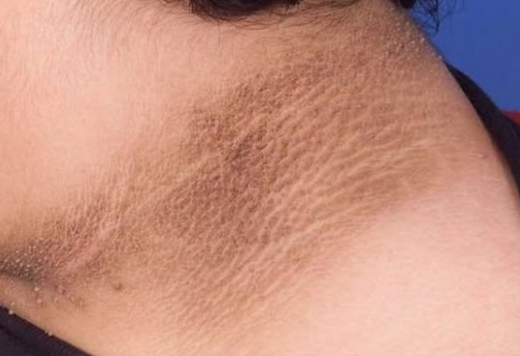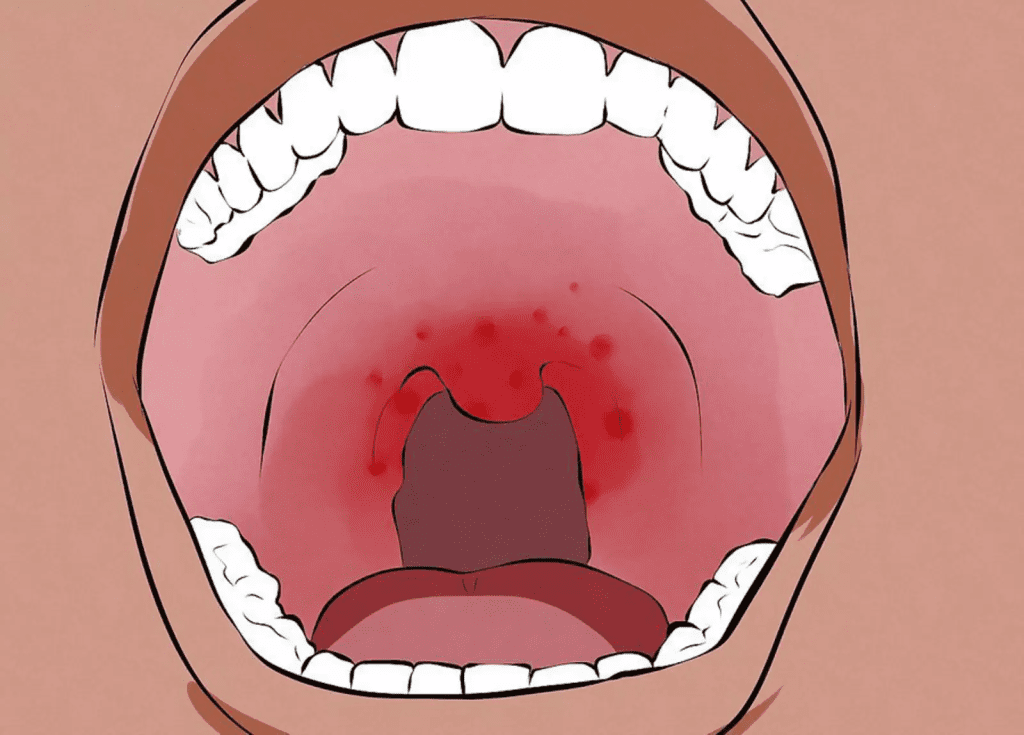Oral cancer is a life-threatening condition that, when detected early, has a much higher chance of successful treatment. However, due to negligence or misinterpretation, many people mistake its symptoms for minor mouth issues, like ulcers or gum infections. By the time they seek medical attention, the disease may have progressed to an advanced stage, making treatment more difficult.
Understanding the warning signs of oral cancer can help you take timely action and improve your chances of early diagnosis and successful treatment. If you notice any persistent or unusual symptoms in your mouth, don’t ignore them—your health depends on it.

Common Early Symptoms of Oral Cancer
Oral cancer can manifest in various ways, and the symptoms may differ from person to person. However, some signs are more common and should never be overlooked.
1. Persistent Sores That Don’t Heal
Mouth sores are common and usually harmless, but if you have a sore that refuses to heal within two weeks, it could be a red flag. In the early stages of oral cancer, these sores may not be painful, but they can gradually become more severe, causing discomfort and bleeding when irritated.
How to Differentiate Between a Normal Ulcer and Oral Cancer:
- Common ulcers usually heal within a week or two.
- Cancerous sores persist for longer, often growing larger and deeper.
- If the sore bleeds easily or feels hard at the edges, seek medical attention immediately.
2. Unexplained Pain or Swelling in the Mouth
A lingering sensation of pain, tenderness, or swelling in the mouth, lips, or throat could be an early symptom of oral cancer. While occasional discomfort is normal, persistent pain that worsens over time should not be ignored.
Symptoms to Watch For:
- A lump or thickening inside the mouth
- Pain that extends to the jaw or ear
- Difficulty chewing or moving the tongue
If you experience any of these symptoms for more than two weeks, consult a healthcare professional for an evaluation.
Oral Health Issues That Could Indicate Cancer
Many oral cancer cases begin with subtle changes in dental and gum health. Be aware of these potential warning signs.
3. Bad Breath and Loose Teeth
Persistent bad breath, medically known as halitosis, is often linked to poor oral hygiene. However, if you notice severe bad breath despite maintaining good dental care, it could indicate an underlying issue, including oral cancer.
Similarly, if your teeth become loose for no apparent reason, it may suggest that the cancer is affecting the bone or soft tissue around the teeth. Pay attention to:
- Unexplained gaps forming between teeth
- Frequent gum infections or bleeding
- Open wounds around the gums that don’t heal
These symptoms require immediate attention from a dentist or medical professional.
4. Difficulty Swallowing or Persistent Sore Throat

A persistent sore throat that doesn’t go away with medication, or a feeling that something is stuck in your throat, could be an early sign of oral or throat cancer.
Symptoms Associated with Swallowing Difficulties:
- Pain while eating or drinking
- Feeling of a lump in the throat
- Hoarseness or voice changes
If you’re experiencing any of these symptoms for an extended period, it’s crucial to seek medical advice.
Unexplained Physical Changes That Could Be Warning Signs
Oral cancer can also cause changes in your overall physical health. Here are some warning signs beyond the mouth that should not be ignored.
5. Sudden Weight Loss Without Trying
Cancer, including oral cancer, often leads to unexplained weight loss due to difficulty eating, swallowing, or maintaining proper nutrition. If you find yourself losing weight rapidly without any dietary or lifestyle changes, it could be a cause for concern.
Why Oral Cancer Causes Weight Loss:
- Pain while chewing or swallowing reduces food intake.
- A decrease in appetite due to discomfort in the mouth.
- The body’s immune response to cancer increases calorie burning.
Sudden weight loss should never be ignored, as it is a major red flag for various health conditions, including cancer.
6. Changes in the Color or Texture of the Oral Tissues

Your mouth should be pink and healthy-looking, but if you notice any red or white patches, bumps, or rough spots that don’t go away, it could be an indication of oral leukoplakia or erythroplakia—both of which can be precancerous.
Signs to Look For:
- White patches that don’t scrape off (leukoplakia)
- Red, inflamed areas that don’t heal (erythroplakia)
- A velvety or rough texture on the tongue, gums, or inner cheeks
These symptoms should be evaluated by a doctor or dentist as soon as possible.
Who Is at Risk for Oral Cancer?
While anyone can develop oral cancer, some risk factors increase the likelihood of developing the disease.
Major Risk Factors Include:
- Tobacco Use: Smoking cigarettes, cigars, or using chewing tobacco increases the risk significantly.
- Excessive Alcohol Consumption: Heavy drinkers are at a higher risk of oral cancer.
- HPV Infection: The human papillomavirus (HPV) has been linked to throat and oral cancers.
- Prolonged Sun Exposure: UV radiation can increase the risk of lip cancer.
- Poor Oral Hygiene: Neglecting dental care can contribute to infections and increase cancer risk.
Taking Preventive Measures Against Oral Cancer
The best way to fight oral cancer is through prevention and early detection.
How to Protect Yourself:
- Avoid tobacco and excessive alcohol use.
- Maintain good oral hygiene and visit the dentist regularly.
- Use sunscreen or lip balm with SPF to protect lips from sun exposure.
- Eat a balanced diet rich in vitamins and antioxidants.
- Stay informed about HPV and consider vaccination if eligible.
Final Thoughts: Don’t Ignore the Signs—Early Detection Saves Lives
Oral cancer is a serious disease, but recognizing its early symptoms can make a life-saving difference. If you experience persistent sores, difficulty swallowing, unexplained pain, sudden weight loss, or changes in your mouth’s appearance, seek medical advice immediately.
Early diagnosis increases the chances of successful treatment, so don’t wait for symptoms to worsen. Your health is in your hands—stay informed, stay aware, and take action when necessary.


